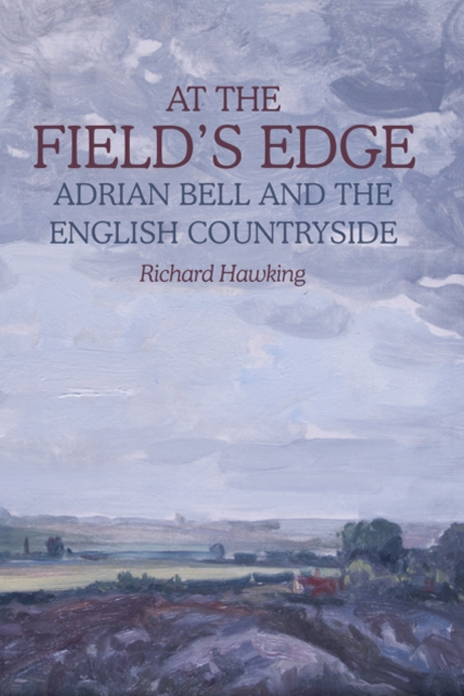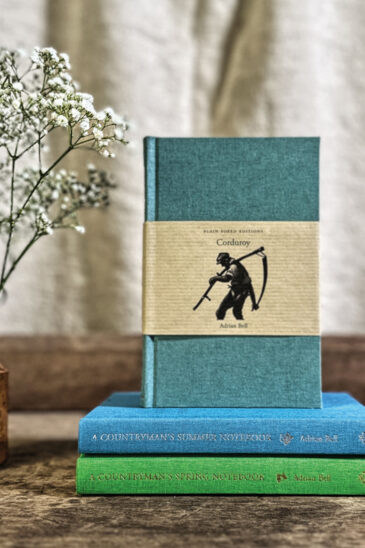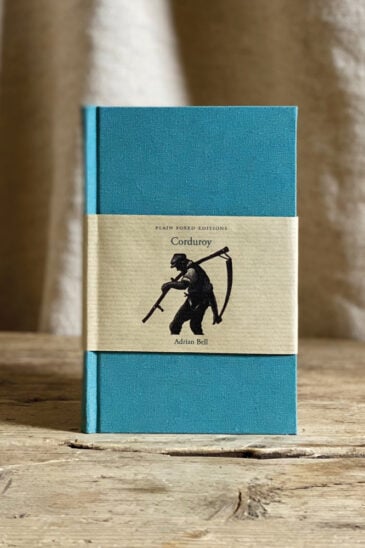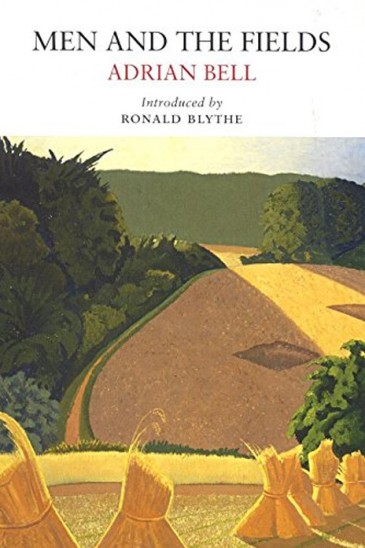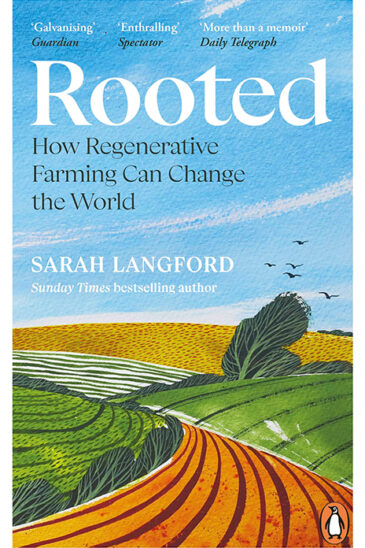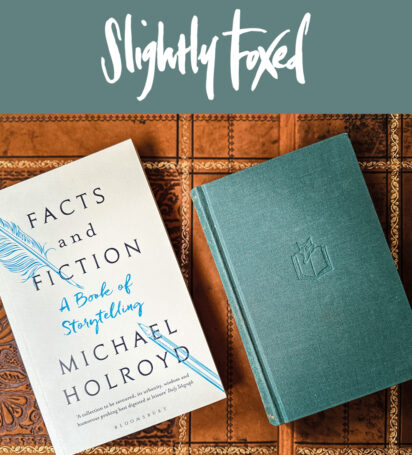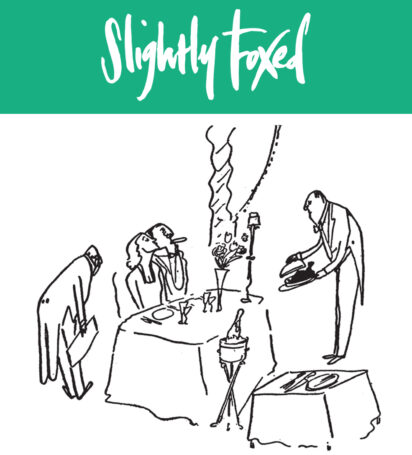Adrian Bell was farming and writing during a period when the English countryside underwent its most significant transformation for hundreds of years.
His work, spanning sixty years from 1920 to 1980, not only documents this agricultural revolution, but also warns of the effects it will have both for the environment and for society. As these consequences dominate the English countryside today, Bell’s views have relevance and importance to its future management.
In At the Field’s Edge Richard Hawking appraises Bell’s prescient but still timely observations about the ecology, economy and culture of the British countryside, and introduces his beautifully crafted prose to a new generation of readers. Though he has been largely neglected until now, Bell’s voice is one we should listen to, not least because he is one of our greatest writers about farming and rural life. If we pause at the field’s edge with him for a moment, we get a lesson not only in aesthetic appreciation, but also a message about what is disappearing from the countryside.
A Countryman’s Notebook: Adrian Bell and the Loss of Rural Culture
Adrian Bell, most well-known for Corduroy and his ‘Rural Trilogy’, was a farmer-writer whose work reflects the changes in farming between 1920 and 1980. In the second half of his life,...
Read moreAdrian Bell | A Countryman’s Winter Notebook
We’re delighted to bring you news of a Slightly Foxed special release: Adrian Bell, A Countryman’s Winter Notebook. ‘Bell writes always of the ordinary things, of the seasons, of memories,...
Read morePloughing On
The writer Adrian Bell first arrived in Suffolk in 1920 – a delicate young would-be poet, fresh from public school at Uppingham and the polite drawing-rooms of Chelsea, under pressure from his...
Read moreA Countryman’s Winter Notebook | Winter Noon
This is December; everything proclaims it: that glimmering sun that can hardly climb the sky, the hawthorn hedges all red with berries, running from the red roofs in one village to the red roofs of...
Read moreFrom the Farmhouse Window
The middle volume of Adrian Bell’s inter-war farming trilogy, Silver Ley (1931), is, in its quiet, unassuming way, the most poignant memoir I think I have ever read. Picking up where his first book...
Read moreAnother Country
Bell’s first book has the virtues which allow it to transcend its times: acute observation, sincerity and that simplicity of style which does not date. Published in 1930, it portrays a way of life...
Read more




